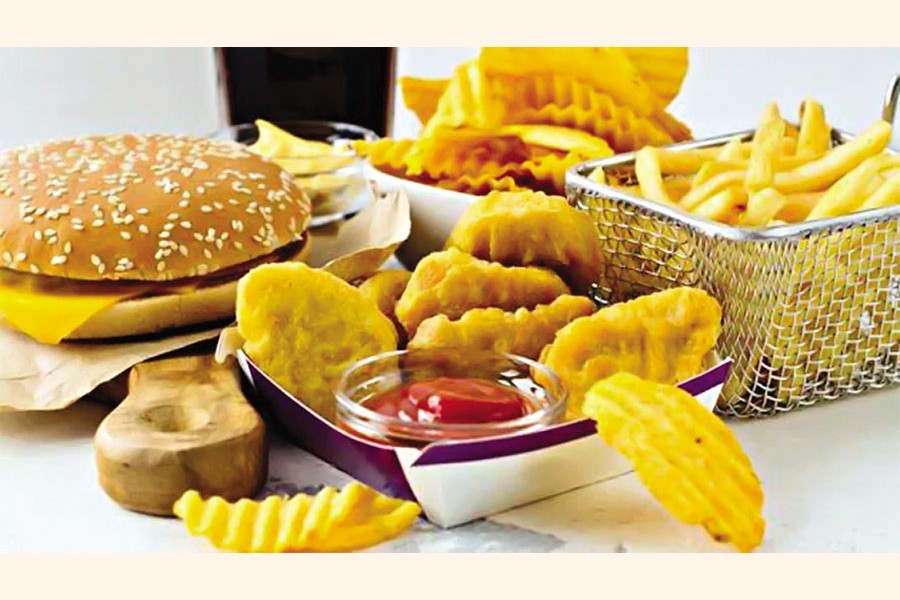The Bangladesh Food Safety Authority has adopted the best-practice policy under a World Health Organisation (WHO) guideline in regulating toxic TFA or trans fatty acids in foodstuffs.
As per policy, the level of trans fat would be limited aiming to meet the target of fixing its maximum level to 2.0 per cent of the total fat in all oils, fats and foodstuffs by December 31, 2022.
The regulation has been issued through a gazette, dated November 29, 2021.
PROGGA (Knowledge for Progress), the National Heart Foundation of Bangladesh (NHFB), and the Consumers Association of Bangladesh (CAB) hailed this effort of the government.
Around half a million people die of trans fat-induced heart diseases globally each year.
The "Limiting Trans Fatty Acids in Foodstuffs Regulations, 2021" will ensure safe food and at the same time play a pivotal role in preventing non communicable diseases.
Founder and President of NHFB, National Professor Brigadier (Retd.) Abdul Malik said, "The prevalence of heart diseases among young and middle-aged people has increased in recent days, for which, intake of trans fat-laden food is largely to be blamed. Implementation of the new regulation will drastically reduce the prevalence of heart diseases in the country. My congratulations will be to the government for such a timely endeavor."
Vandana Shah, Regional Director of South Asia Programmes at Global Health Advocacy Incubator (GHAI), said, "Bangladesh joins a growing number of countries, including India, Brazil and Turkey, that are taking steps to follow the WHO's call to eliminate industrially produced trans fat from their food supply by 2023. I applaud BFSA's leadership and initiative in making Bangladesh TFA-free."
Industrially produced Trans Fatty Acid (TFA) or trans fat is a toxic food element. Excessive intake of trans fat causes increased risks of heart diseases, deaths owing to heart diseases, dementia and cognitive impairment.
The prime source of trans fat in food is partially hydrogenated oils (PHOs), popularly known in the country as dalda or bonospoti-ghee. PHO or dalda is generally used in bakery items, processed and deep-fried snacks, as well as in the preparation of foods by hotels, restaurants and street food vendors.
A 2019 study revealed that the level of trans fat (trans fatty acid) in 92 per cent of samples of leading PHO brands of Dhaka city surpasses the WHO threshold of 2.0 per cent.
According to the WHO, Bangladesh ranks among the 15 countries with the highest burden of death owing to trans fat-induced heart diseases.


